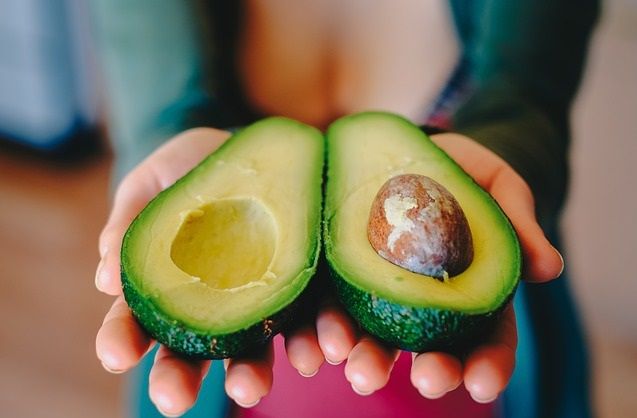Mexico's guacamole crisis: poor harvest and higher demand drive up avocado prices
At the taco stands in Mexico City, more and more "false guacamole" is served, without avocado. The reasons: the gigantic demand and the bad harvests.

At the taco stands in Mexico City, more and more "false guacamole" is served, without avocado. The reasons: the gigantic demand, the bad harvests, the Americans, and the drug cartels of Mexico. For the 2019 Super Bowl alone, Mexico exported 120,000 tons of avocado to the United States, says APEAM, the Association of Avocado Producers and Exporters. 20% more than last year.
But Americans' insatiable appetite for avocado is causing more and more tacos with fake guacamole to be sold in Mexico. That means they replace avocado with zucchini. Using avocados for guacamole is almost a luxury in Mexico today, due to the sharp rise in fruit prices of the Lauraceae family. A bad harvest, higher demand, more speculators. This is due to declining crop yields and increased demand from the United States explained avocado producer Pedro Bucio to the regional newspaper Diario de Coahuila. Supply and demand determine price, as in any market economy.
"In Mexico, there is little avocado and scarcity has led to rising prices," he explains. At the end of June 2019, a kilo of avocados cost up to 100 pesos (more than US$5).
Agriculture Minister Víctor Villalobos blames speculators for rising prices. The figures, however, contradict him. In the first five months of 2019, avocado production in Mexico fell by 1.2%, or more than 10,000 tons, compared to the same period last year. At the same time, exports increased by 7.6%. In the last ten years, exports have even quadrupled. Much of this demand comes from the United States, where consumption of avocado increases 15% per year.
Avocado is considered a kind of "superfruit". It is rich in unsaturated fatty acids, potassium and vitamin E, helps reduce cholesterol, strengthens the immune system and, despite containing many calories, does not fatten.
Ironically, Mexican avocados were kept out of the U.S. market until 1997 for fear of alleged pest contamination. Today, four-fifths of the avocados produced in Mexico go there. Last year alone, Mexico sold more than US$2.5 billion worth of avocados to the United States. A greater value than oil exports. Germany, on the other hand, imports its avocados mainly from Peru, Chile, Spain, and Israel.
And now even Mexican drug cartels are involved in the avocado business. In the state of Michoacán, the center of synthetic drug production and, thanks to geographical and climatic conditions, a "paradise" for the cultivation of avocados, drug traffickers extort the peasants, who pay for alleged "protection" or "land use rights" for the cultivation of "green gold. But even worse: to increase the surface area of avocado crops, illegal logging of forests is increasing. Avocados need tons of water. A scarce commodity. And, to top it all, climate change is adding to the problem.
The problem is not new. Two years ago now, poor harvests and high international demand (in addition to traditional customers in the US, Canada, and the EU, more avocado is consumed in Japan and China) also led to a drastic increase in prices. At that time, Mexico was even thinking about importing avocados. The country is not only the world's largest exporter of avocados but also the largest consumer. A Mexican eats, on average, more than seven kilos of avocado.
When Trump threatened to punish all Mexican imports with punitive tariffs at the end of May, if Mexico did not stop the migrants, the Mexican side warned about the higher costs of importing avocados and threatened a Super Bowl without guacamole. Punitive tariffs were avoided at the last minute, and today, ironically, many Mexicans have to settle for fake guacamole because of overwhelming U.S. demand.




